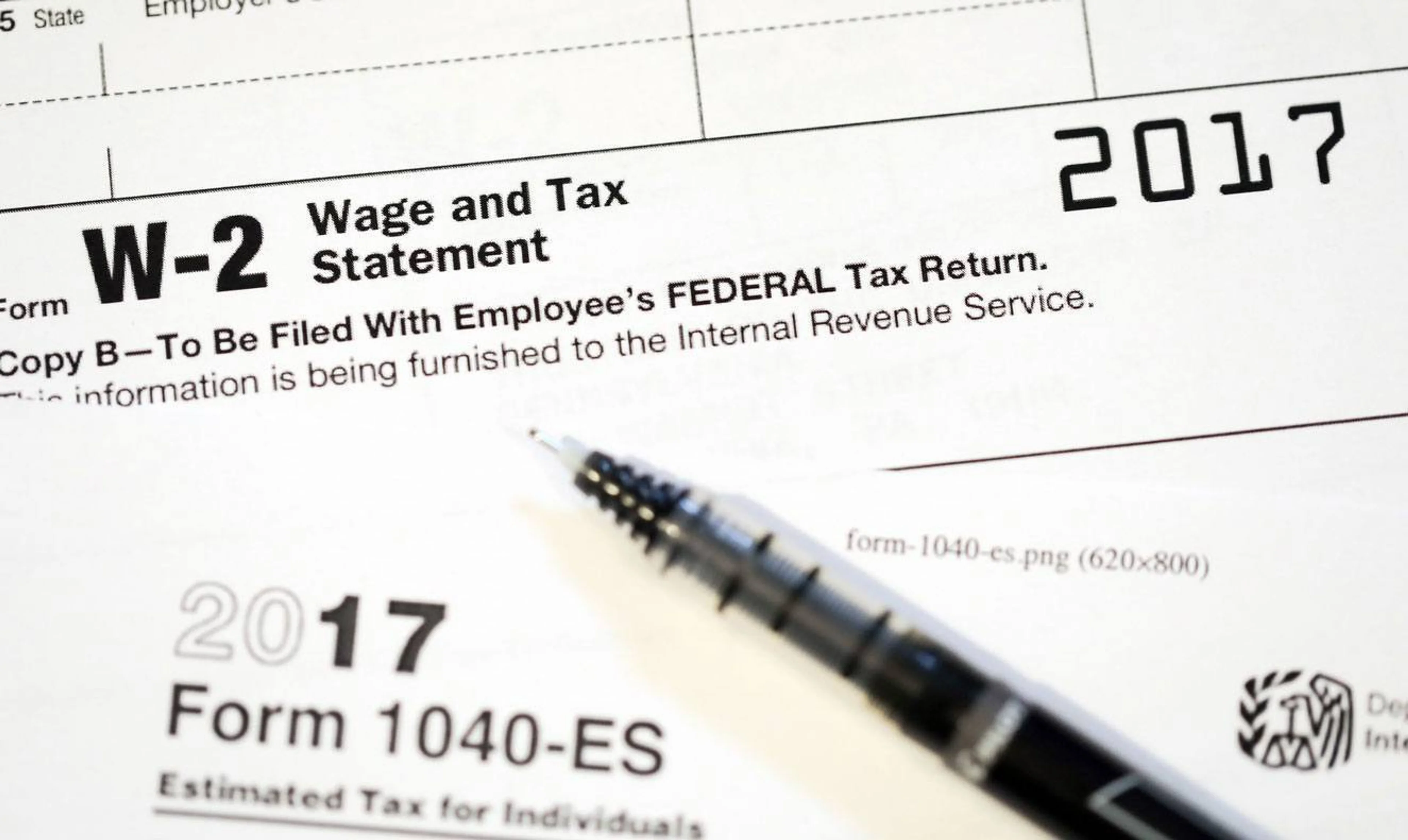
Partner Compensation: Is Your Partnership Getting it Right?
Are you a partner in a partnership or a member of a Limited Liability Company (LLC) taxed as a partnership? Are you receiving W-2 wages as an employee from these entities? If you are, then the Internal Revenue Service (IRS) would be interested in talking with you, as it is their position a partner cannot be an employee of their partnership and should not receive a W-2. This is not to say the IRS does not expect a partner to be compensated for services they provide, but that compensation should be made in the form of a guaranteed payment.
What Is a Guaranteed Payment?
Guaranteed payments are payments to a partner for services or the use of capital that are not determined by the income of the partnership. They are paid regardless if the partnership has income or incurs a loss. Furthermore, they are deductible by the partnership and treated as ordinary income to the recipient subject to self-employment tax. Any regularly scheduled payment to a partner or member for services rendered (i.e. salary) should be treated as a guaranteed payment and reported on Schedule K-1 of Form 1065.
Why Getting It Right Matters?
From the IRS’s perspective this is an easy audit item and provides them with ammo to potentially disallow or challenge items such as wages and employment taxes. With the new partnership audit procedures coming into play for partnership tax years beginning after Dec. 31, 2017 this may receive additional exposure. Under these new procedures unless the partnership chooses either to “opt-out” or push the results of the exam out to the partners, any liability owed will be paid at the partnership level. Your tax service provider should also think twice about supporting this position as it may lead to the issuance of preparer penalties.
Partner Compensation Alternatives
As an alternative to the partnership making these payments, why not consider setting up a separate service entity that would employ the partners or members? Through this structure, the partnership would pay the service entity for the services its employees perform and the service entity would pay wages and issue W-2s to its employees. There is some planning as to how this entity needs to be structured, owned and operated, but if done correctly guaranteed payments and IRS scrutiny may be avoided. Wondering what steps you need to take to correct this issue in your partnership or have questions regarding paying your partners or members? Contact Doeren Mayhew’s tax advisors for more information.


